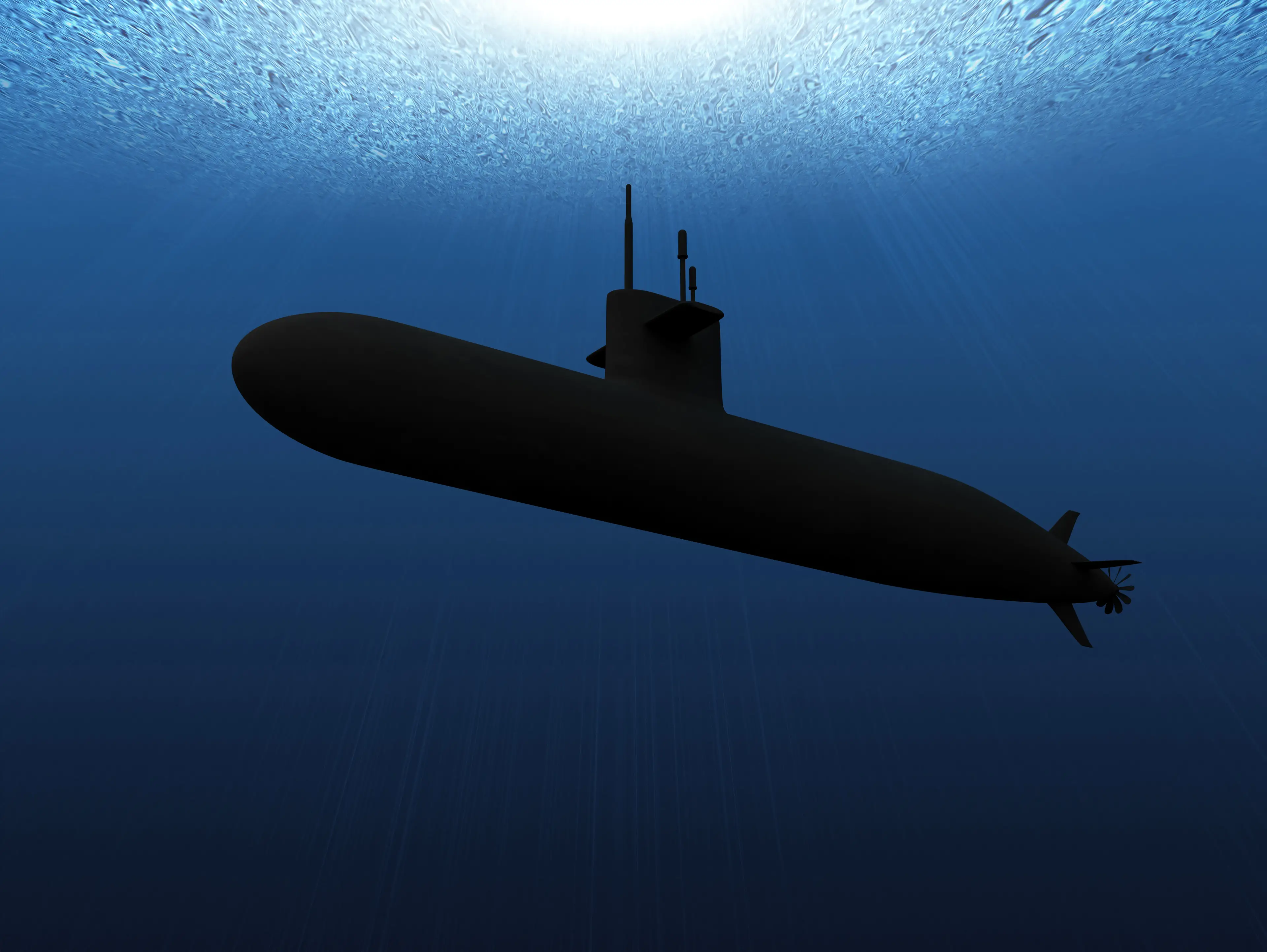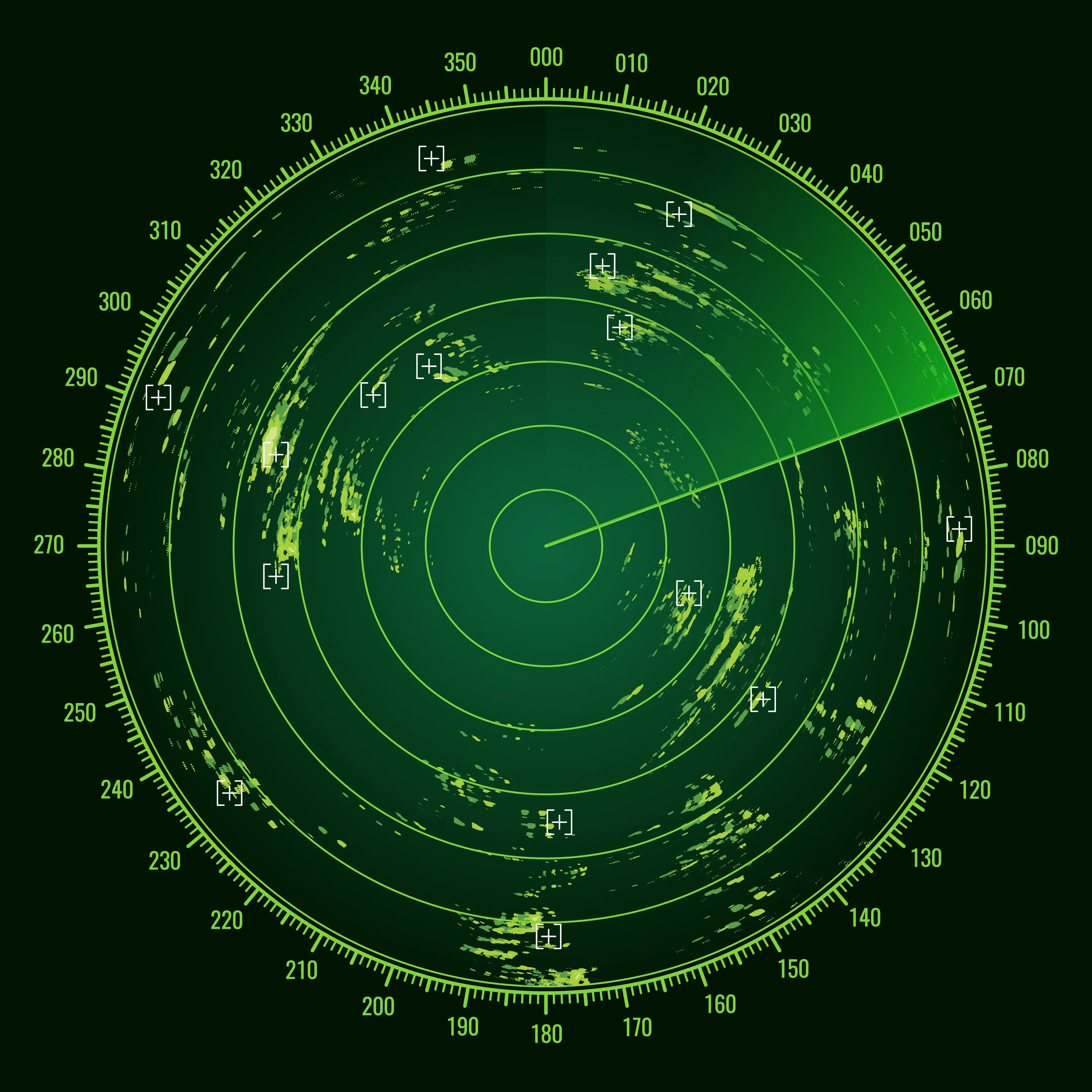
There’s a touch of horror in the reality of what happens if you hear an active submarine sound while you’re underwater.
And no, I’m not talking about hearing the gurgles of The Beatles singing about a yellow one while you’re swimming – if that’s a situation you’ve ever found yourself in.
Real submarines are very useful vessels for a variety of reasons but they wouldn’t be so vital without sonar technology.
Short for Sound Navigation and Ranging, it’s a form of tech that uses sound waves to detect and identify objects that are underwater.
Advert
It gets used for all sorts of stuff from helping the search crews look for the Titan sub to people trying to prove the Loch Ness Monster’s existence.

It is presumed to be safe and inaudible to humans, even if a swimmer happened to end up in its path.
But unfortunately, it’s not always quite the case. When active, sonar transducers emit acoustic signals or pulses into the water.
The aim is for them to hit an object of interest and when they do, the sound will bounce back off and return an 'echo' to the submarine.
The system will then calculate the strength of the signal, giving the operators an idea of what it could be.
Sound is a more reliable tool underneath the surface, as light doesn't travel very well and the most powerful sonar system of all belongs to navy ships.
This was learned the hard way by a group of Australian divers when they got caught up in the sound pulses of a Chinese vessel.
In November 2023, the country's defence minister, Richard Marles, said the HMAS Toowoomba paused while it was in international waters after its propellers ended up tied up in fishing nets.

The divers were sent out to remedy the problem, but China's PLA-N destroyer (DDG-139) ship was also operating close-by and, despite being warned an operation was underway, it 'approached at a closer range'.
Marles said: "Soon after, it was detected operating its hull-mounted sonar in a manner that posed a risk to the safety of the Australian divers who were forced to exit the water.
"The divers sustained minor injuries, likely due to being subjected to the sonar pulses from the Chinese destroyer."
When high levels of active sonar are used, it can cause dizziness, disorientation, temporary memory issues, concentration problems and temporary hearing loss.
Marine bioacoustics scientist told the West Australian that active sonar pulses can rupture the lungs, while ones which exceed 210dB can cause fatal brain haemorrhaging.
Divers would likely hear a mid-to-high pitch sound while underwater when the active sonar is emitted, cluing them into the fact that they may be in serious danger.
So, if your ears should start ringing while you've gone for a dip in the ocean, maybe you should resurface. Fast.
Topics: Technology